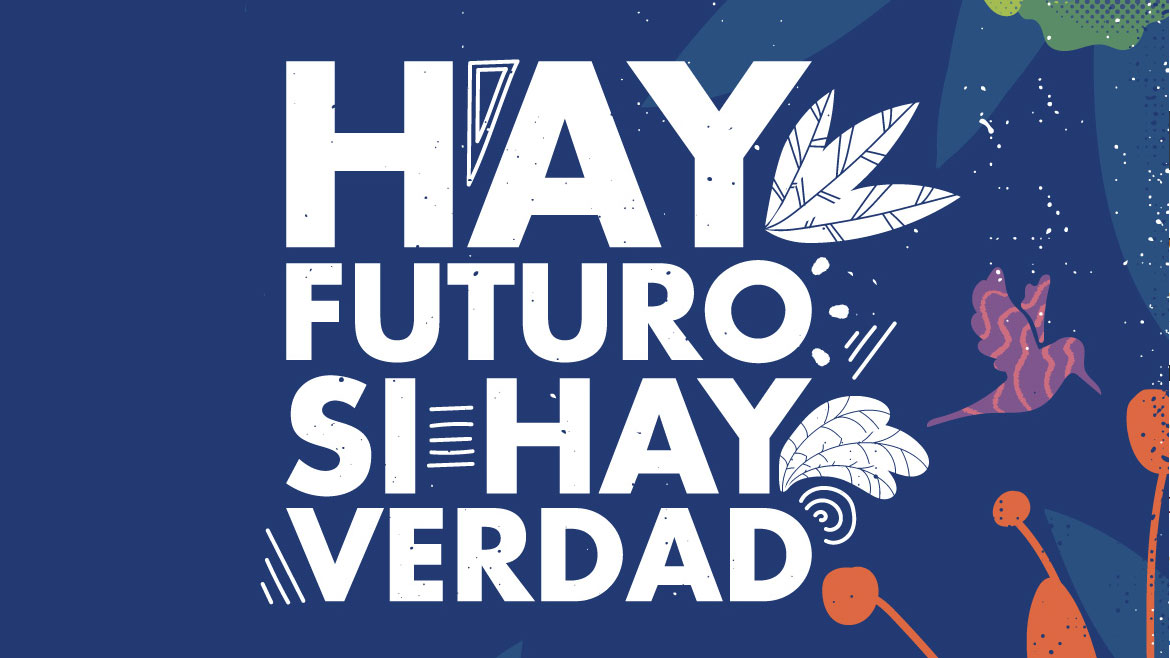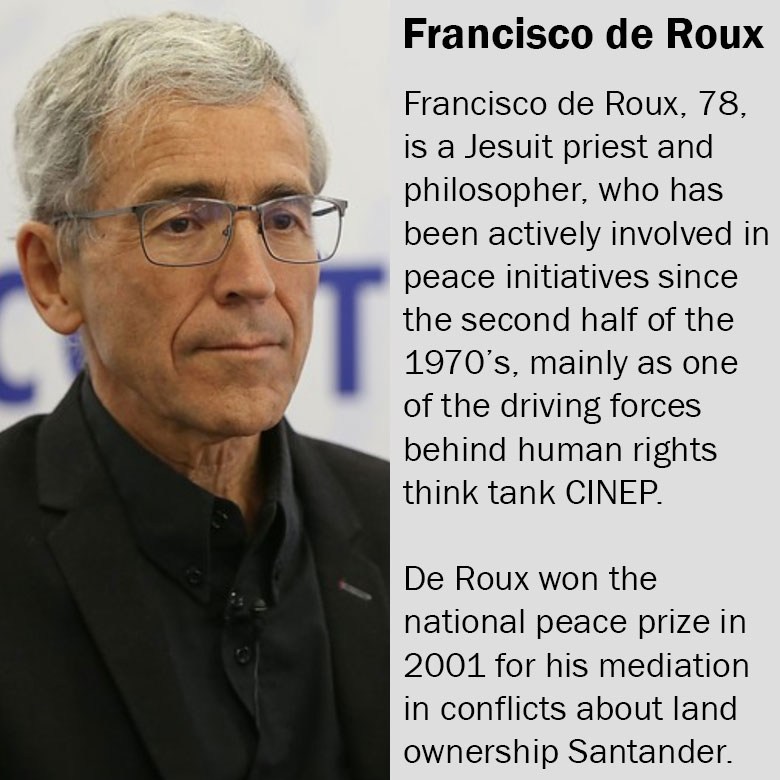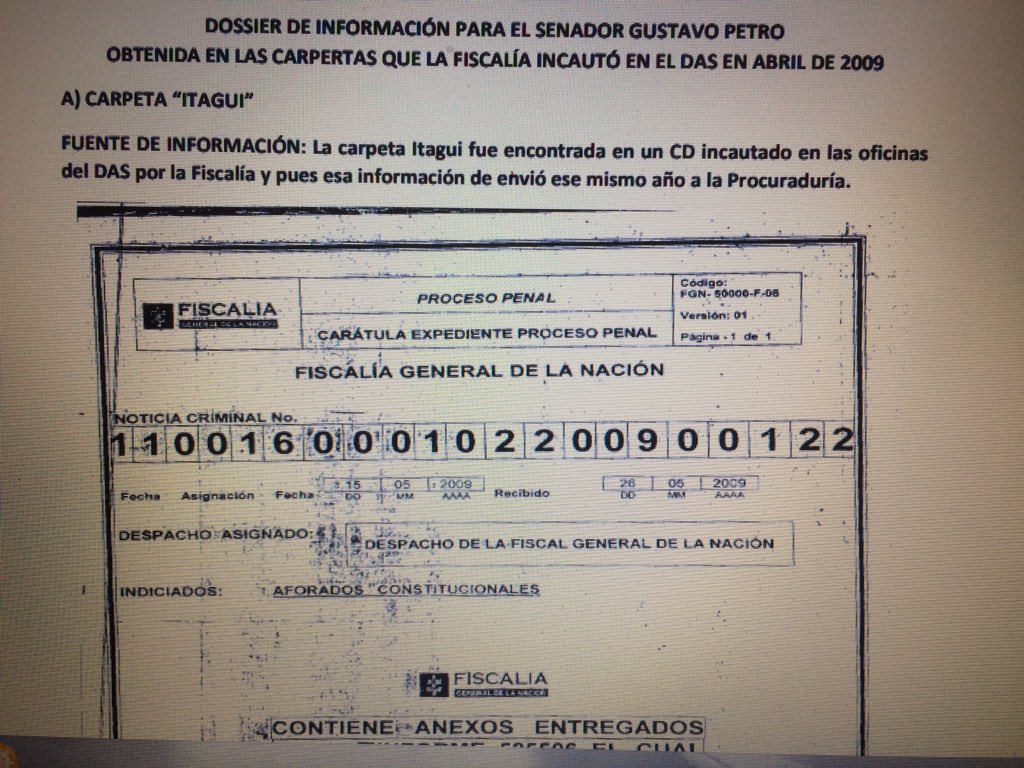The Truth Commission released its final report on political violence in Colombia and reforms needed to prevent a repetition of armed conflict.
The commission is one of the most important elements of a peace process that followed a 2016 deal between former President Juan Manuel Santos and the now-defunct guerrilla group FARC.
The report seeks to contribute to public understanding about the violence and armed conflict between 1958 and 2016 that left more than 8 million victims.
The commission, which is led by Father Francisco de Roux, has been conducting investigations and received the cooperation of State authorities and civil society organization.
What is in the report?
The report consists of 10 chapters dedicated to specific sectors of society that have been particularly affected by violence caused by guerrillas, the security forces, paramilitaries, the private sector and drug traffickers.
The commission also released a set of audio testimonies of both victims and victimizers about these people’s individual experiences of the armed conflict.
Last but not least, the report contained recommendations for far-reaching policy reform to prevent another armed conflict.
Why the report may cause controversy
The investigation teams of the 13 commissioners received more than 1,100 reports from victim organizations, and previously secret information from State entities and guerrilla group FARC.
This evidence and confessions made by war criminals before the Truth Commission cannot be used as evidence in court.
Because of this legal guarantee, the report is expected to reveal information about crimes and atrocities that were never solved and could cause controversy.
What about the criminal investigations?
Parallel to he Truth Commission, the Special Jurisdiction for Peace (JEP) has been investigating war crimes that were committed during the conflict by the FARC, the State officials and the private sector.
This transitional tribunal will be responsible for granting justice to victims while the Truth Commission’s sole purpose was to seek the truth about the violence, its causes and its consequences.
The Truth Commission has repeatedly indicated that its report seeks to contribute to truth and reconciliation after a conflict that left gaping wounds in all sectors of society.




